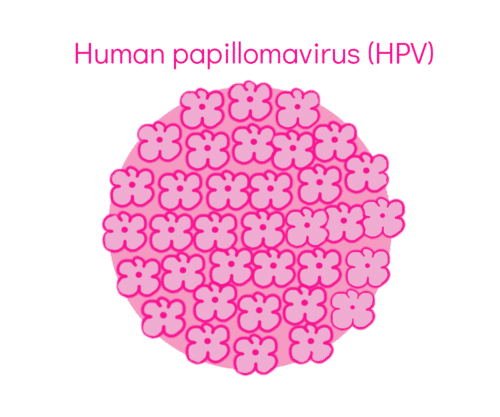In utero exposure to DES
DES is a synthetic oestrogen given to millions of women during the 50s and 60s, before it was found to possibly cause vaginal cancers in female offspring.
Squamous cell vulvar cancer
Squamous cell vulvar cancers are becoming less lethal as treatments improve.
Vulvar cancers
Vulvar cancers are reasonably rare for the most part, but usually get diagnosed late, making vulvar cancer more deadly than it ought to be. Vulva cancer may be innocuous in its symptoms, which makes regular pelvic exams more important than ever, especially as we age.
Vulvar intraepithelial neoplasia (VIN) (SIL, Bowen disease)
We explain what precancerous vulvar cells are, and describe their symptoms, treatments, and outcomes. Vulval intraepithelial neoplasia (VIN) is the starting point of cancerous cells, with a diagnosis meaning you may have to have some treatment to remove the offending cells. It does not mean you have cancer.
Human papillomavirus (HPV)
HPV is a virus that can - but doesn't always - cause changes to the cells on the cervix, which can lead to cervical cancer. Screening is in place, with improvements to testing the blood of males and females with HPV in the future for detection and prevention of HPV-related


